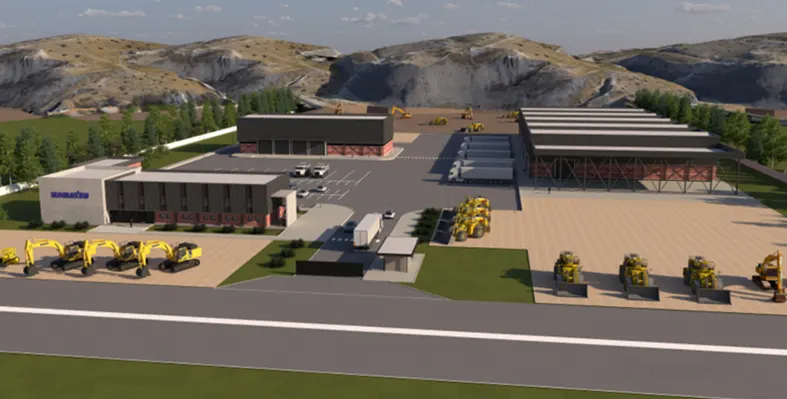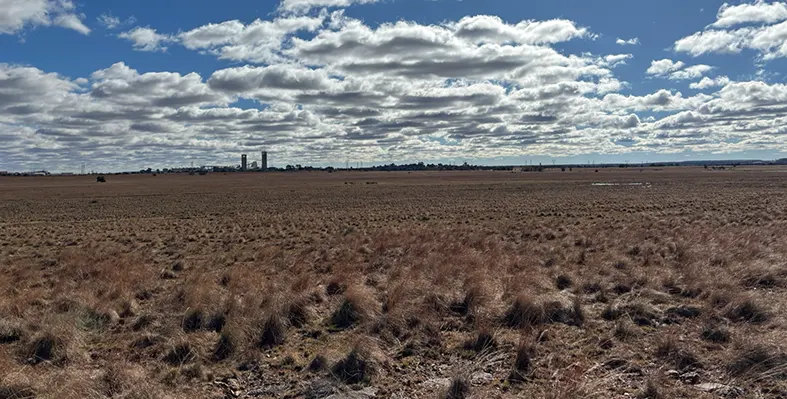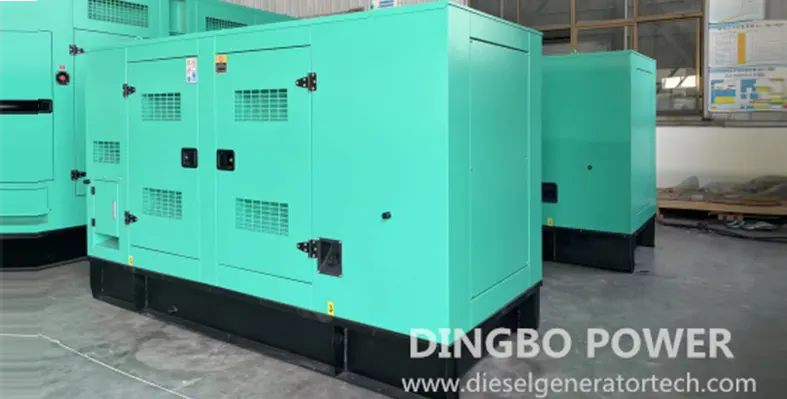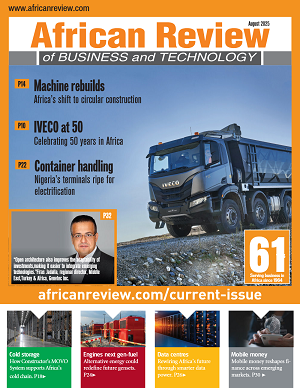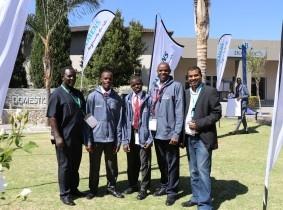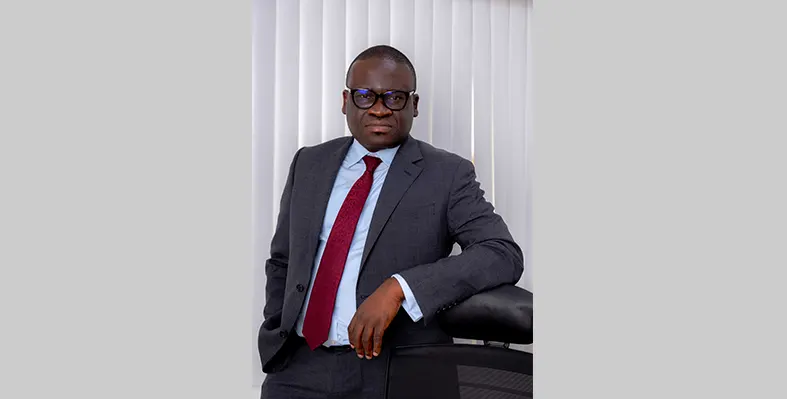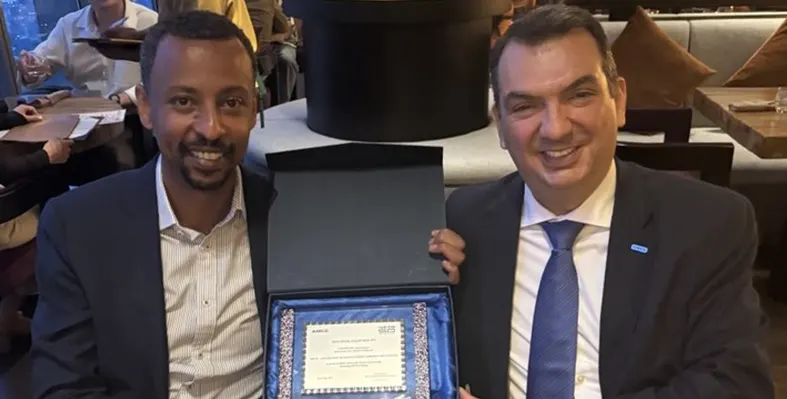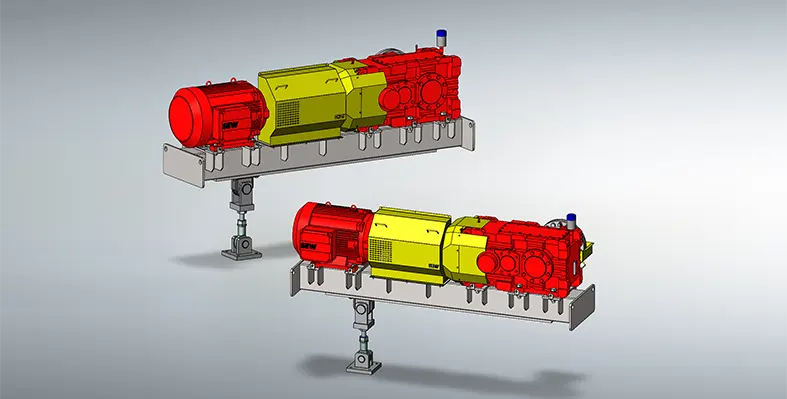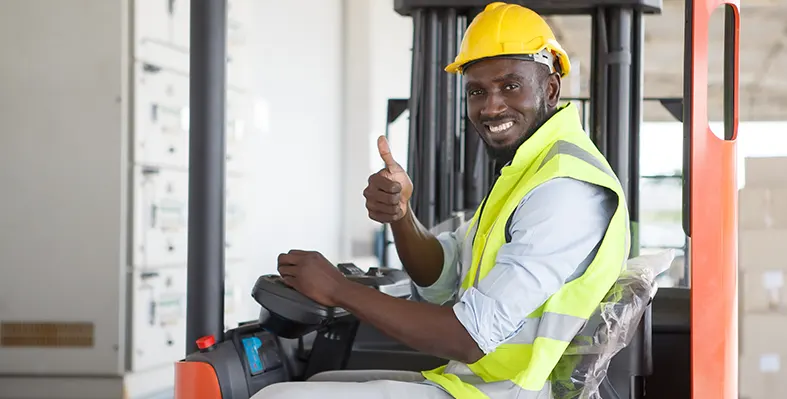Technology company Siemens has extended its Eskom Expo partnership to schools in five African countries, Ghana, Kenya, Uganda, Tanzania and Ethiopia, refurbishing and restocking Sekondi College computer lab in Ghana as part of its localisation programme
Hundreds of young scientists and innovators from across Africa gathered at Birchwood Conference Centre in Johannesburg to showcase their inventive science projects at the Eskom Expo for young scientists taking place this week.
Siemens is a major sponsor at this event and will be giving one student a life-changing opportunity, to join other former expo winners at the Siemens Technical Academy in Berlin for a three-and-a-half-year apprenticeship programme, then a guaranteed job at Siemens after completion.
The company has also committed to supporting the development of young African innovators through its partnership with various schools in different countries on the continent.
Students from Sekondi College have been sponsored by Siemens to take part in the Eskom Expo for Young Scientists in Johannesburg, South Africa. All travel expenses of two learners and an educator from the school will be fully funded by Siemens.
This sponsorship includes visa applications, flights, and transfers to the local accommodation. An additional two students and one educator from schools in Kenya, Uganda, Tanzania and Ethiopia have also received the same sponsorship as well as a chance for their best-performing students to participate in the expo.
Edmund Acheampong, country manager for Siemens, Ghana, said, “The Eskom Expo for Young Scientists is well-positioned to develop young, curious minds and it is with great pleasure that students from Sekondi College and other African regions have an opportunity to participate and represent their countries and their schools at the event.”
In line with the company’s goal to promote Science Technology Engineering Mathematics Innovation (STEMI) in Ghana, Siemens has also partnered with Sekondi College to inspire interests in technology and innovation.
This partnership has led to the refurbishment and restocking of the school’s computer lab with 45 computers and accessories as part of the company’s fulfilment of a Memorandum of Understanding (MoU) signed between Sekondi College and Siemens in September 2017.
The country manager added that investing in the future of young, African engineers is part of the Siemens DNA.
“Our continent can only prosper if we empower and develop our young engineers and those who can make a change in Africa, for Africa. This is a unique opportunity promoting both international and multicultural exposure within Siemens while advancing the skills Siemens would require in the future,” he noted.








